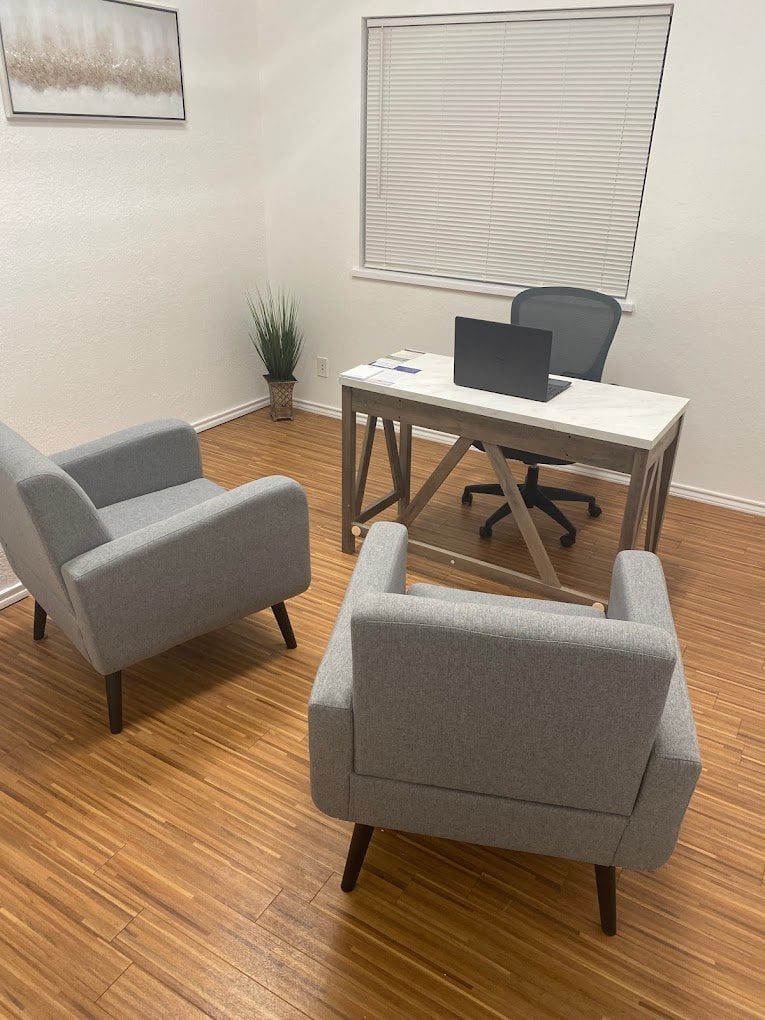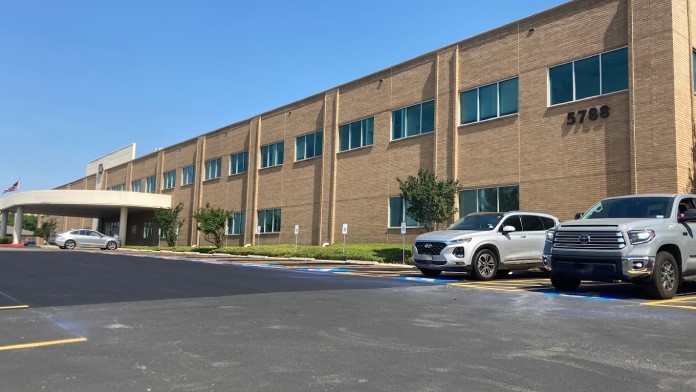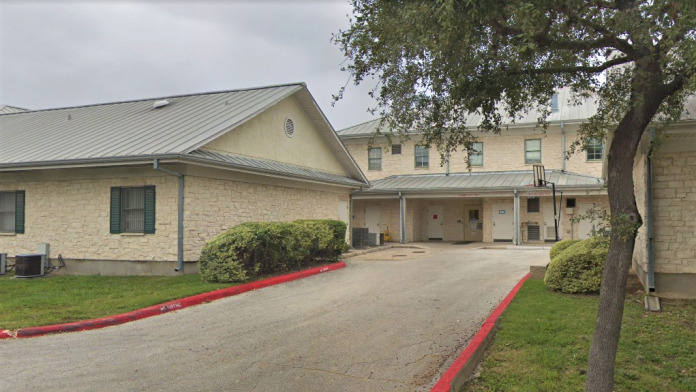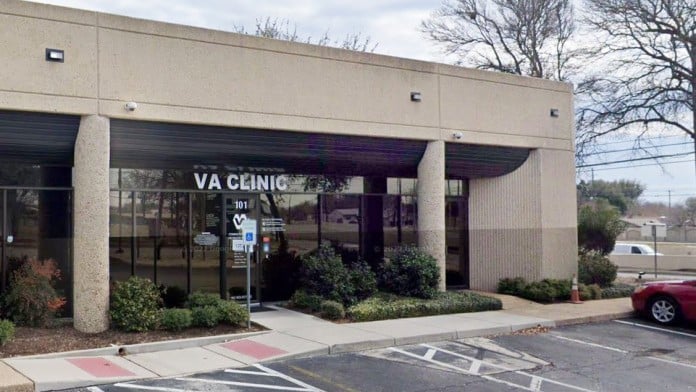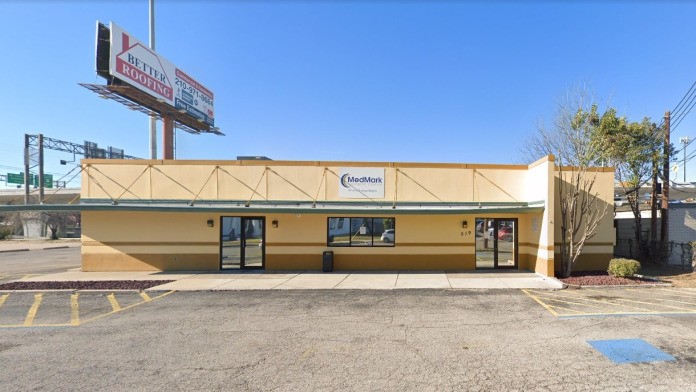About WestCare – Foundation Texas – San Antonio
WestCare is an international network of organizations and community support services that help individuals struggling with their behavioral health. Whether it’s a mental health struggle or challenges with substance use, the WestCare Foundation Texas in San Antonio can get you connected to appropriate services within the community that will help you lead a healthy, sober lifestyle.
Specialized Programming
You’ll find that there are different specialized programs here designed to help recovering individuals. There are housing services provided for women and women with children who need a safe place to live as they overcome behavioral health challenges or other hardships they’re experiencing in their lives. There are also programs for victims of domestic violence and mentoring programs for juveniles under court orders.
It’s also neat that their location can offer unofficial ways to supplement your recovery. Their location on Pine Street is close to Lockwood Park and Dignowity Park so you can stretch your legs and unwind a bit.
Education and Prevention
At the heart of their recovery program is comprehensive education and prevention support. WestCare does a great job with its community outreach to connect to treat your substance use or co-occurring mental health disorders.
There are also programs offered through the organization that help at-risk youth build skills to lead healthy lifestyles. HIV testing is available as well as workshops and drug education services.
You’ll find that care is community oriented and designed to help individuals and families build a strong sense of self and unity. This is done through empowerment, peer mentoring, and access to addiction counseling support to equip you for addiction recovery.
Latest Reviews
Rehab Score
Gallery
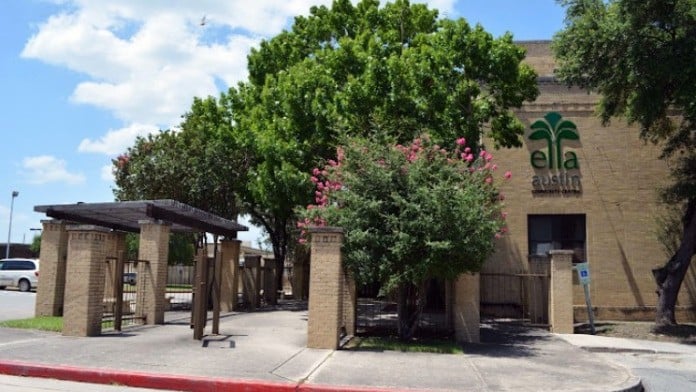
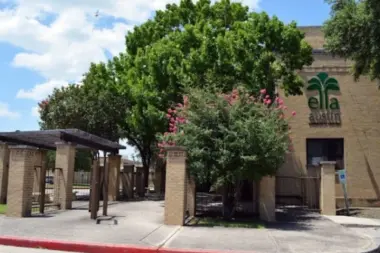
Other Forms of Payment
Addiction Treatments
Levels of Care
Outpatient Programs (OP) are for those seeking mental rehab or drug rehab, but who also stay at home every night. The main difference between outpatient treatment (OP) and intensive outpatient treatment (IOP) lies in the amount of hours the patient spends at the facility. Most of the time an outpatient program is designed for someone who has completed an inpatient stay and is looking to continue their growth in recovery. Outpatient is not meant to be the starting point, it is commonly referred to as aftercare.
Treatments
Mental health rehabs focus on helping individuals recover from mental illnesses like bipolar disorder, clinical depression, anxiety disorders, schizophrenia, and more. Mental health professionals at these facilities are trained to understand and treat mental health issues, both in individual and group settings.
Substance rehabs focus on helping individuals recover from substance abuse, including alcohol and drug addiction (both illegal and prescription drugs). They often include the opportunity to engage in both individual as well as group therapy.
Programs
Adult rehab programs include therapies tailored to each client's specific needs, goals, and recovery progress. They are tailored to the specific challenges adult clients may face, including family and work pressures and commitments. From inpatient and residential treatment to various levels of outpatient services, there are many options available. Some facilities also help adults work through co-occurring conditions, like anxiety, that can accompany addiction.
Clinical Services
Assertive Community Treatment (ACT) is a structured way of helping those with major mental illnesses and/or substance abuse by bringing services directly to the patient in home. Instead of hospitalization or an outpatient program, staff members like social workers, psychiatrists, and counselors come directly to the patient’s house for treatment. ACT is used primarily for those with severe and persistent mental illness like schizophrenia or bipolar disorder, some of whom also contend with substance abuse. ACT can be short- or long-term (months to years), and provides the same multidisciplinary, 24/7 staffing of a psychiatric unit, but in the comfort of the patient's own home and/or community.
Research clearly demonstrates that recovery is far more successful and sustainable when loved ones like family members participate in rehab and substance abuse treatment. Genetic factors may be at play when it comes to drug and alcohol addiction, as well as mental health issues. Family dynamics often play a critical role in addiction triggers, and if properly educated, family members can be a strong source of support when it comes to rehabilitation.
Fitness therapy blends exercise with psychotherapy for a fun, inspiring, and effective way of treating addiction and other issues. By incorporating movement into counseling sessions, clients become more empowered, motivated, and goal-oriented, all while strengthening their bodies and becoming more flexible. Fitness Therapy is usually used to complement a course of treatment (inpatient or outpatient) to make it even more successful. Increasing the connection between a patient’s mind and body helps both with healing as well as in creating new, healthy habits.
Group therapy is any therapeutic work that happens in a group (not one-on-one). There are a number of different group therapy modalities, including support groups, experiential therapy, psycho-education, and more. Group therapy involves treatment as well as processing interaction between group members.
Life skills trainings involve all the skills a person must have in order to function successfully in the world. These include time management, career guidance, money management, and effective communication. Truly successful addiction recovery is based on the ability to not only live substance-free, but to thrive. Life skills teaches the practical necessities of functioning in society, which sets clients up for success in life, and therefore sobriety.
Trauma therapy addresses traumatic incidents from a client's past that are likely affecting their present-day experience. Trauma is often one of the primary triggers and potential causes of addiction, and can stem from child sexual abuse, domestic violence, having a parent with a mental illness, losing one or both parents at a young age, teenage or adult sexual assault, or any number of other factors. The purpose of trauma therapy is to allow a patient to process trauma and move through and past it, with the help of trained and compassionate mental health professionals.
Staff

Richard Steinberg
President

Ken Ortbals
Chief Executive Officer

Jason Engel
Chief Clinical Officer

Linda Erath
Chief Financial Officer

Scott Faulkenberry
Chief Development Officer

Savannah Jones
Chief Administrative Officer
Contact Information
1023 N. Pine
San Antonio, TX 78202

